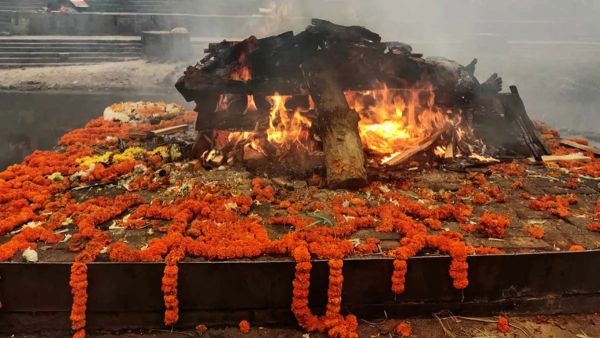Death Rules: In Hindu religion, all the rituals to funeral rites have special importance, one of the main rituals is “Uthavani.” This tradition is done for the peace of the soul of the deceased and mental satisfaction of the family members. In the process of Uthavani, people from the family and society gather and pray for the soul of the deceased. It is necessary to follow the rules of Uthavani properly, because these help the soul of the deceased to attain salvation and do not have any inauspicious effect on the family members. This custom is a means of honoring intimate relationships and understanding the cycle of life.
What is the meaning of raising?
Uthavani is an important post-death tradition in Hinduism, usually performed on the third or thirteenth day after death. In this process, all the personal belongings of the deceased are collected, tied in a cloth and ritually taken out of the house. It symbolically marks a departure from material possessions associated with the deceased and prepares the family for a new beginning. Additionally, special prayers are performed on this day and food is offered to Brahmins, which is considered extremely auspicious for the peace of the soul of the deceased and the well-being of the family.
Importance of lifting
Uthavani is considered an important method in Hindu tradition for peace and liberation of the soul. It is believed that only after completing this process the soul of the deceased moves towards its next destination. Through proper puja and other rituals, the soul finds peace and has a positive impact on the family. If not carried out, the spirit is believed to wander and may create obstacles for the family in the form of negative energy. Therefore, this tradition is considered extremely essential for the peace and prosperity of the family.
Importance of Bhagavad Gita during Uthavani
Reciting Bhagavad Gita during Uthavani on the third day after death is considered extremely important, as it helps in attaining peace and salvation of the soul. There is a tradition of not performing any kind of customs or rituals associated with cremation after Uthavani, as it is considered the final rites. The things of the deceased should either be burnt along with them or floated in the river Ganga while meditating on the Mother Goddess. This process is necessary not only for the liberation of the soul, but also to maintain the mental peace and spiritual balance of the family.








